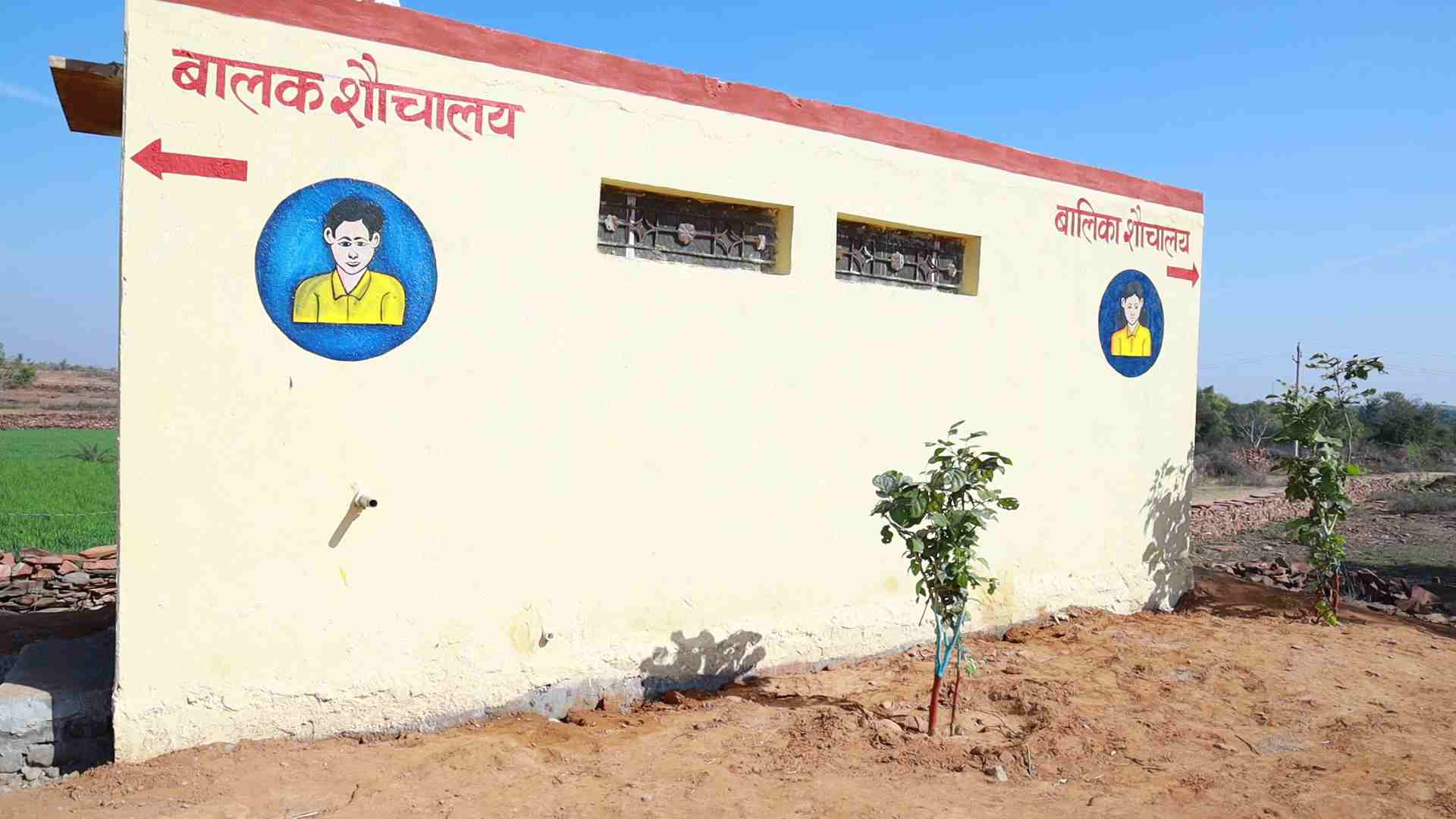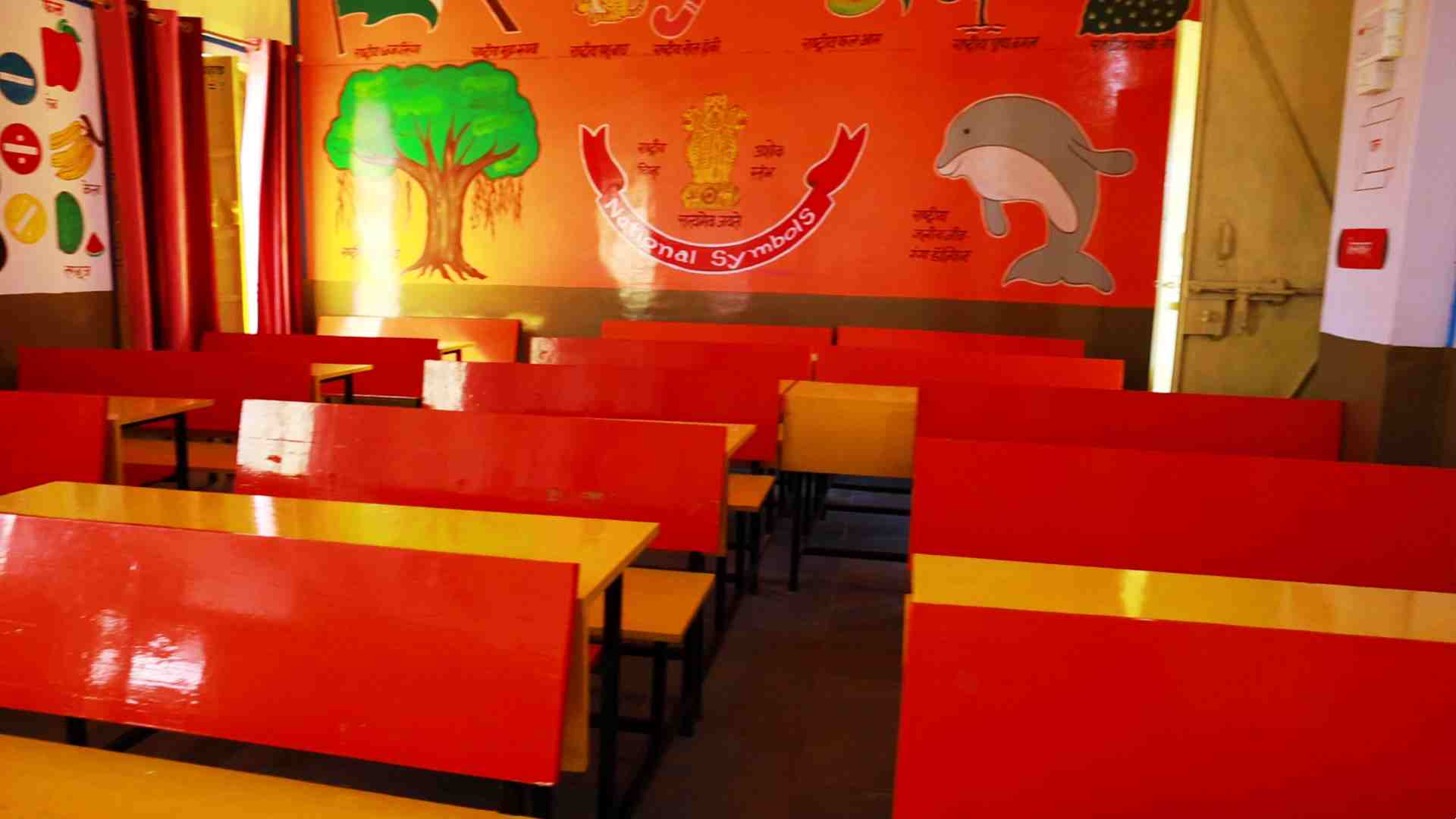Making School A Place To Learn And Grow
School infrastructure in government schools is still a big challenge. Education infrastructure includes quality classrooms, a playground, separate toilets for both boys and girls, library with adequate reading and playing aids. A child spends his/her maximum time in school as a student. The school infrastructure then becomes a major factor in how a child sees the world as he/she grows up. Numerous studies suggest that a lack of access to proper sanitation facilities creates a huge barrier to education as children frequently miss school due to hygiene-related diseases.







